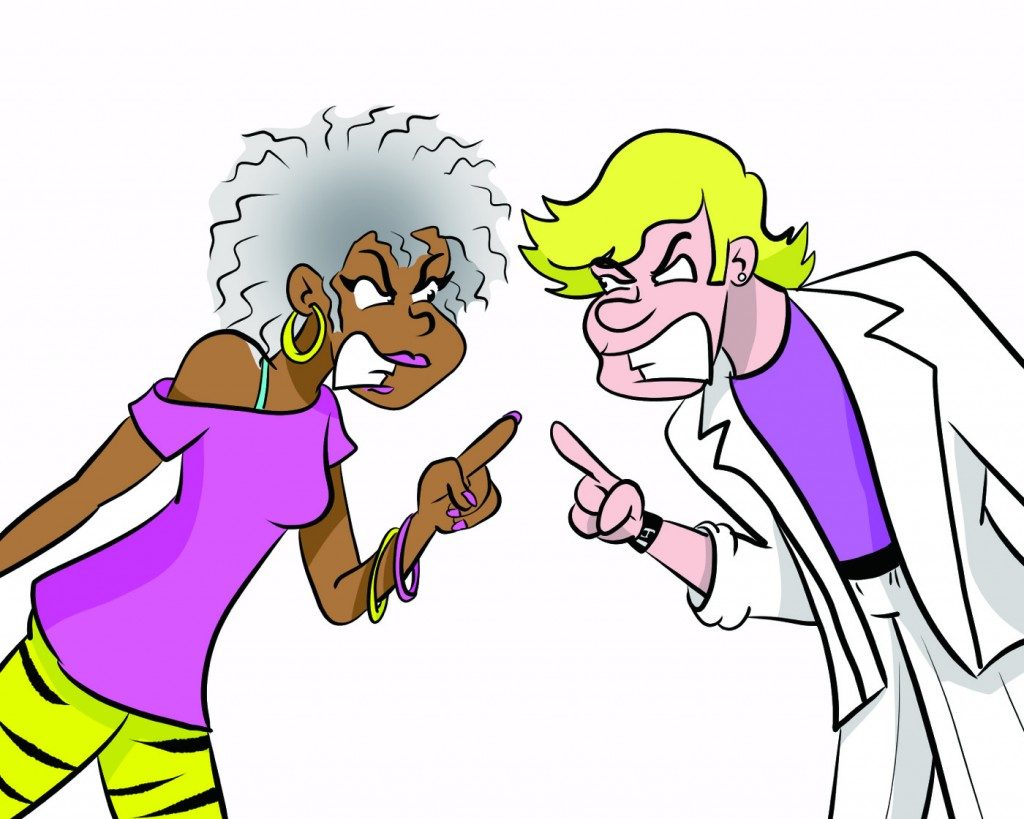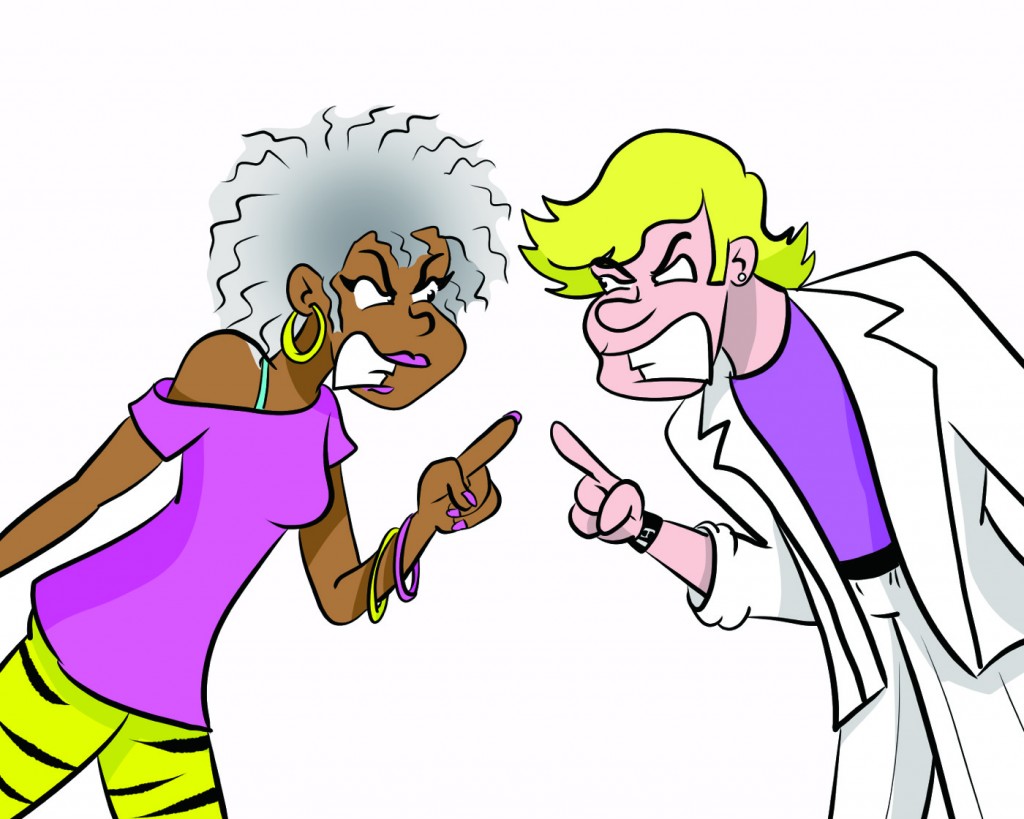
Populism and extremism dominates the developed world
By Cazzy Lewchuk, Opinions Editor
In Canada, Trudeau leads a majority Liberal government that still divides Canadian ideologies, particularly in the west. South of the border, a controversial Republican celebrity has just become president, promising to lead the country to a stronger future. In the UK, foreign tensions and a struggling economy lean heavily on a female conservative prime minister.
2017? More like 1981, when Pierre Trudeau, Ronald Reagan, and Margaret Thatcher dominated English-speaking society. Of course, history has repeated itself, and the current political climate is basically the same thing.
Populism is the political philosophy that the privileged elite dominate over the working class, and that there is a hope of power returning to the people. While it exists on all sides of the spectrum, it is often used by conservatives as a justification for limited government and allowing personal freedoms.
Many of the struggles that happened in the 1980s are social issues that remain relevant today. With the advent of AIDS, gay people looked to have their rights recognized and protected across society. Women’s rights to abortion and birth control were challenged and fought for despite their legality. As always, the rights of the working class compared to the elite remained a serious concern. Wages and income inequality have only become more harmful since.
It’s not just the political climate. What was cool in the ’80s has also been revived. Electronic music. Star Wars and Ghostbusters leading at the box office. Fashion styles of neon and high-waisted jeans are popular again. Colourful hair dye is abundant. U2 is still one of the most popular bands in the world… somehow.
Societal atmospheres and attitudes in the ’80s were not all that much different from today. There was a lot of nihilistic worry that everything was going up in flames. Today, our fears are more geared towards global warming than they are at nuclear war (though with the current president and North Korea, nukes remain a serious concern). The impending doom is still very real. Many people today—particularly millennials—have chosen to simply roast marshmallows on the fire consuming the globe. We’ve resigned ourselves to the fact that everything is going badly, and we doubt that we can do anything about it.
The ’80s had a reasonably happy ending. Nuclear war was averted, the economy prospered, and it gave way to arguably the most romanticized decade of all time, the ’90s. We’re still living the 2010s, and things are looking pretty bleak. We can hope that the roasted marshmallows are delicious, and that Russia’s tensions with the President (ah, how history repeats itself) doesn’t end up killing us all.



